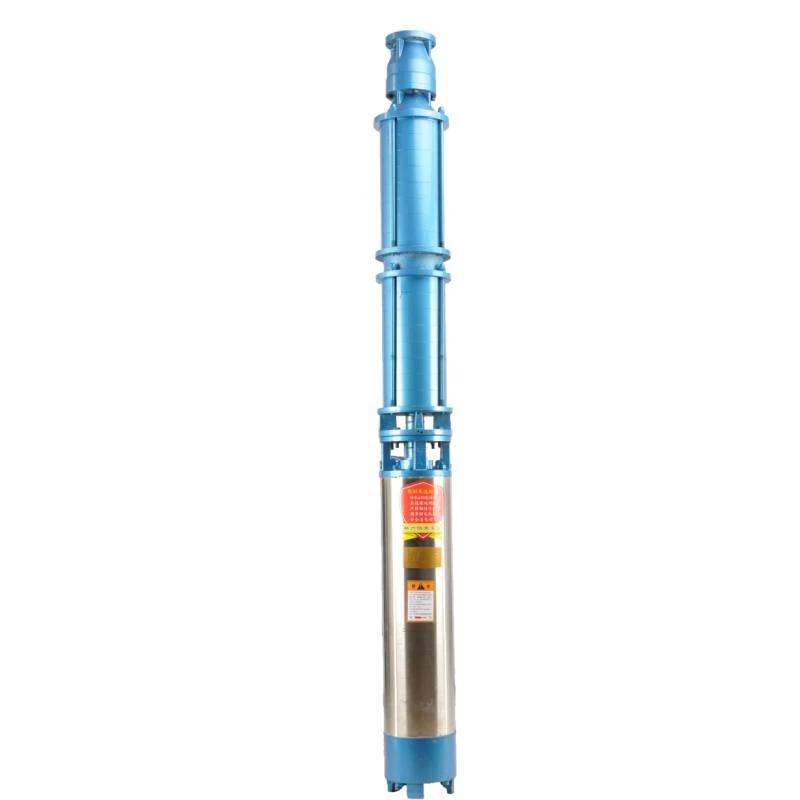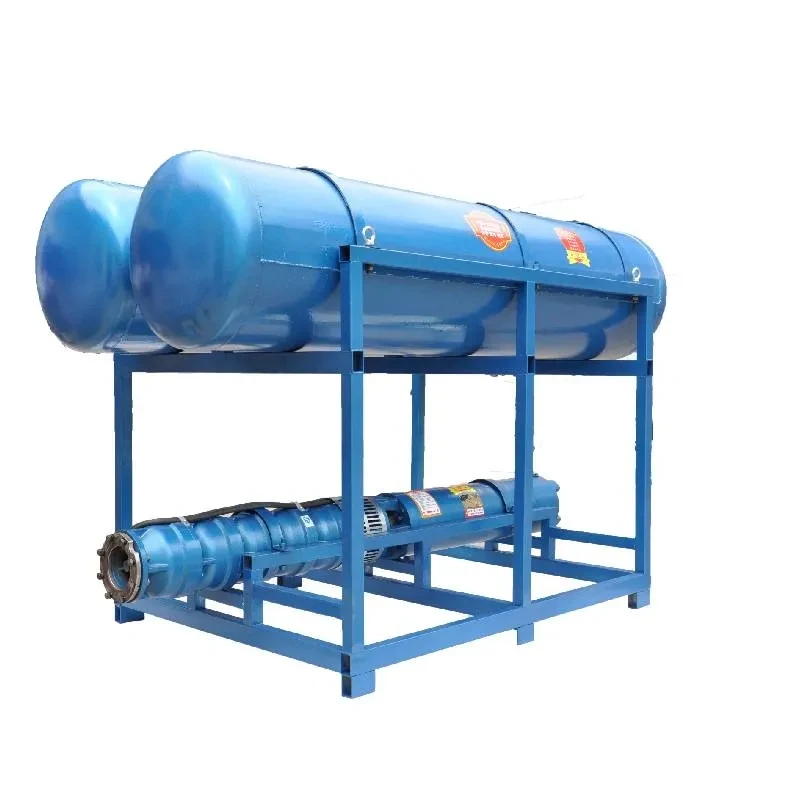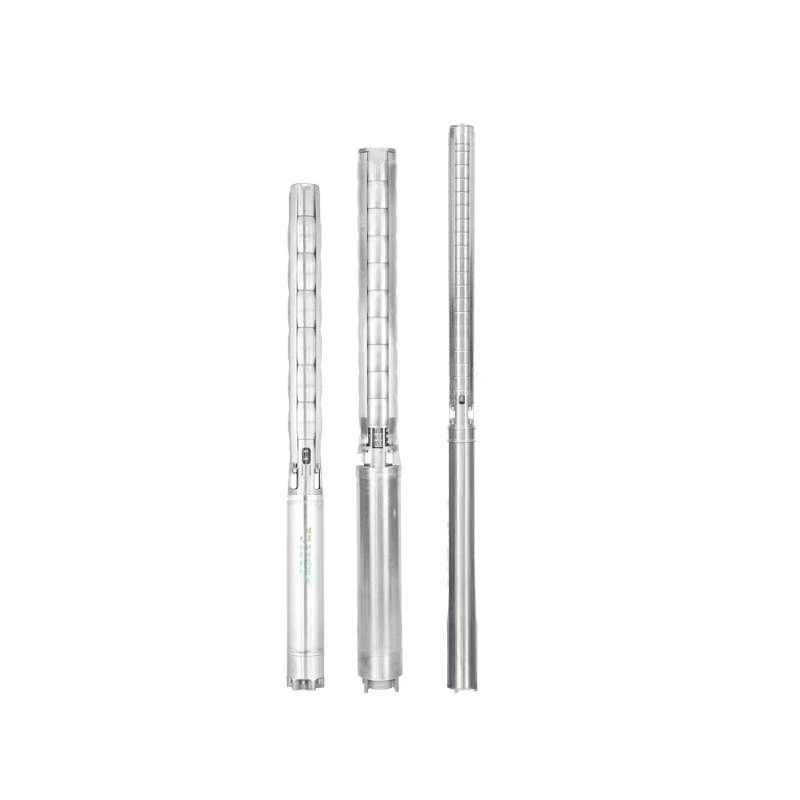Th12 . 04, 2024 05:04 Back to list
borehole pumps
Borehole Pumps An Essential Tool for Water Extraction
In various industries and agricultural practices, the significance of water cannot be overstated. Water is the lifeblood of crops, an essential element for industrial processes, and a fundamental component of everyday life. To access groundwater from depths that ordinary wells cannot reach, borehole pumps stand out as an innovative solution.
Understanding Borehole Pumps
Borehole pumps, also known as submersible pumps, are designed for installation in deep wells or boreholes, typically ranging from 10 to 100 meters deep, and sometimes even deeper. These pumps consist of a motor and a pump that work together to lift water from underground reservoirs. Unlike surface pumps, which require suction to draw water, borehole pumps are submerged directly in the water source, making them highly efficient in transporting water to the surface.
The design of borehole pumps allows them to handle various conditions and depths. They are capable of extracting water from aquifers, which are geological formations that can store and transmit groundwater. This ability makes them invaluable for agricultural irrigation, municipal water supply, and industrial water processes.
How Borehole Pumps Work
Borehole pumps operate by using a multi-stage centrifugal mechanism that increases water pressure as it ascends to the surface. The motor, located at the surface or submersible within the borehole, activates the impellers inside the pump. As the impellers spin, they create a centrifugal force that propels water up through the pump assembly and into a discharge pipe.
Two primary types of borehole pumps are commonly used vertical turbine pumps and submersible pumps. Vertical turbine pumps are typically employed in large-scale applications where water needs to be drawn from significant depths, while submersible pumps are more compact and suitable for residential or smaller agricultural uses.
Advantages of Borehole Pumps
1. Efficiency Borehole pumps are designed to operate efficiently at high depths. Their submersible nature minimizes energy loss due to suction lift, making them cost-effective in terms of operation.
2. Durability Built from corrosion-resistant materials, borehole pumps can withstand harsh conditions, including varying temperatures and the presence of minerals or sediments in water. This durability results in a longer lifespan and reduced maintenance costs.
borehole pumps

3. Versatility These pumps can be used in a wide range of applications, from agricultural irrigation systems and residential water systems to industrial water supply. Their ability to adapt to different scales of operation makes them invaluable.
4. Minimal Surface Footprint Because borehole pumps are installed underground, they require less space on the surface, making them ideal for urban environments where land is at a premium.
Applications of Borehole Pumps
Borehole pumps find extensive applications across multiple sectors
- Agriculture Farmers use borehole pumps to access groundwater for irrigation, especially during dry seasons or in arid regions where surface water is scarce.
- Municipal Water Supply Many towns and cities rely on borehole pumps to ensure a reliable water supply to residents. These systems help meet the growing demand for water in expanding urban areas.
- Industrial Use Industries that require large volumes of water, such as manufacturing and energy production, utilize borehole pumps for efficient water extraction.
- Groundwater Management Borehole pumps are essential for monitoring and managing groundwater levels in aquifers, which is crucial for sustainable water management practices.
Conclusion
Borehole pumps are a vital technology for accessing groundwater, providing an efficient and reliable solution for water extraction across various applications. As water scarcity becomes an increasingly pressing global issue, the significance of reliable tools like borehole pumps will only grow. Their efficiency, durability, and versatility ensure that they will remain a cornerstone of water management strategies for years to come. Investing in quality borehole pumps and infrastructure can lead to sustainable benefits, promoting water security and supporting innovations in agriculture and industry. As we continue to navigate challenges related to water access, borehole pumps will undoubtedly play an essential role in ensuring that we meet both current and future water needs.
-
Troubleshooting for Water-Filled Submersible Pumps
NewsJun.04,2025
-
Troubleshooting for Floating Deep Well Submersible Pumps
NewsJun.04,2025
-
How to Choose SS Submersible Pump for Deep Well Applications
NewsJun.04,2025
-
Floating Deep Well Submersible Pump Cost: Factors Affecting Pricing
NewsJun.04,2025
-
Buying Guide for Deep Well Submersible Pumps
NewsJun.04,2025
-
Best Submersible Pumps for Agriculture and Irrigation
NewsJun.04,2025
-
 Troubleshooting for Water-Filled Submersible PumpsSubmersible pumps are essential for various applications, including irrigation, drainage, and water supply systems.Detail
Troubleshooting for Water-Filled Submersible PumpsSubmersible pumps are essential for various applications, including irrigation, drainage, and water supply systems.Detail -
 Troubleshooting for Floating Deep Well Submersible PumpsWhen it comes to reliable water extraction solutions, the floating deep well submersible pumps stands out as a top choice for both residential and industrial applications.Detail
Troubleshooting for Floating Deep Well Submersible PumpsWhen it comes to reliable water extraction solutions, the floating deep well submersible pumps stands out as a top choice for both residential and industrial applications.Detail -
 How to Choose SS Submersible Pump for Deep Well ApplicationsWhen it comes to deep well water extraction, selecting the right pump is crucial for efficiency, durability, and long-term performance.Detail
How to Choose SS Submersible Pump for Deep Well ApplicationsWhen it comes to deep well water extraction, selecting the right pump is crucial for efficiency, durability, and long-term performance.Detail
